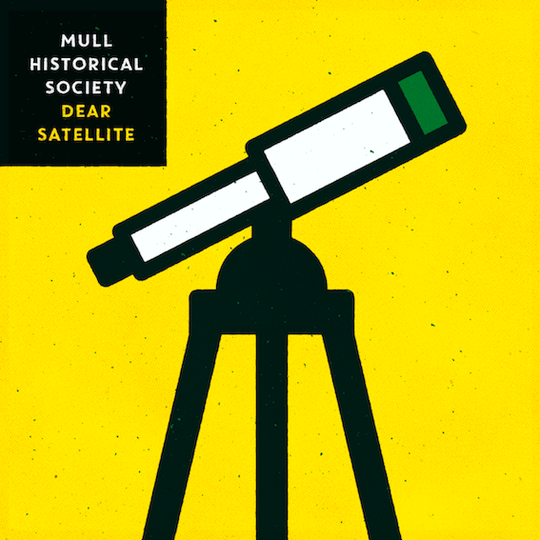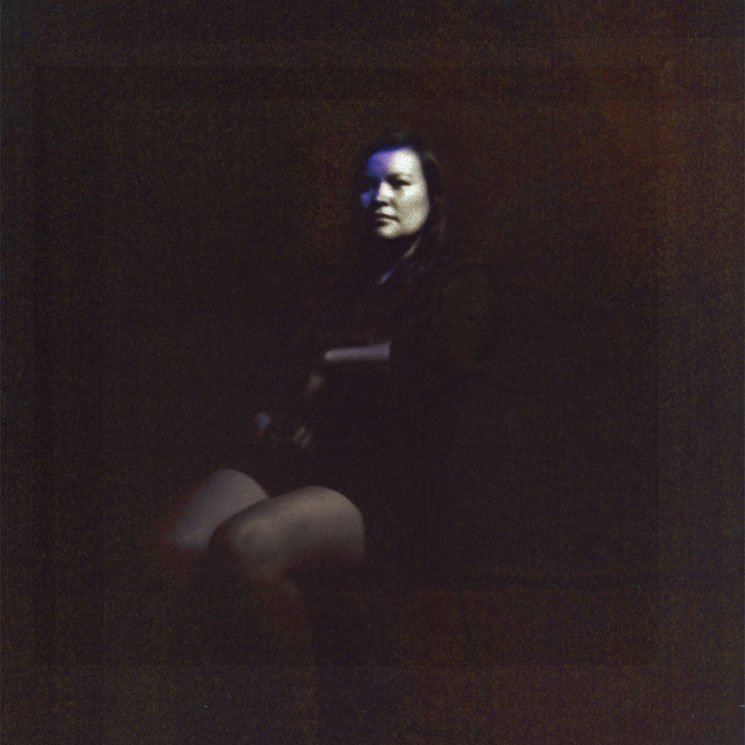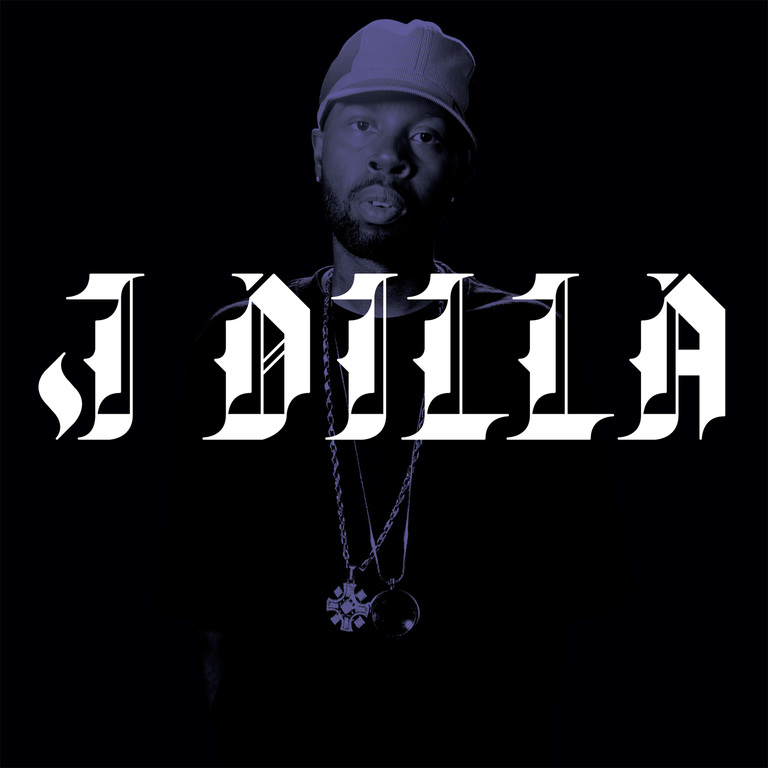With all the loud sniggering and the mass of terrible reviews that surrounded the release of Morrissey’s debut novel List of the Lost, it was easy to overlook the other indie songwriter who turned his hand to literature last year.
There were fewer creepy sex scenes and no mention of a ‘bulbous salutation’, but Colin MacIntyre’s The Letters of Ivor Punch was much more to the critics' liking and ended up winning a few awards. Set on a fictional Scottish island, the book centred on an eccentric character who wrote letters to President Obama telling of local gossip and long held myths. It was informed by MacIntyre’s own upbringing in the Hebrides and proof that, despite living in Glasgow, Los Angeles and now London, the craggy landscape of Mull remains central to his creativity.
The story becomes the basis for 'The Ballad of Ivor Punch' - the stand-out track on Mull Historical Society's new album Dear Satellite. It’s a galloping, glossy piece of indie pop, that recalls Feeder’s fist-pumping, anthemic moments, and instantly destroys the image of MacIntrye as a sullen, folky strummer. After all that time spent locked to a laptop, tapping out the chapters, it sounds like MacIntyre has finally been unshackled and let out to play in the sunshine.
It’s been over 15 years since he first took the moniker Mull Historical Society and mourned the death of his father on debut Loss, but he remains a songwriter with plenty of likeable warmth and an ear for bright, melodic hooks. He’s at his most reflective on 'All The Love Remains', a melancholy piece of soul searching that threatens to brew into something epic but settles instead for weary restraint, whilst 'Build Another Brick' is a desperate call for reconciliation that, like the mood of the album in general, is full of hopeful romanticism.
In the past he’s talked of being an introvert who has to force himself to 'jump of a cliff' and take risks, and that idea seems to come to life on final track 'Farewell to Finisterre'. Initially he sets a vivid scene – “I took a drive to where the sea is, under the stars”, before getting lost in his own thoughts and making a vow to choose a better future. It’s a big, rousing show stopper that could be the conclusion of coming-of-age road movie or even the closing number in a musical romp.
Like most of the album, the feel of that track seems to owe much to producer Dom Morley who has previously worked with Amy Winehouse, Adele and Sting. Recording together in rural Oxfordshire, MacIntyre spent time wandering around fields and tumbledown churches, and even took some lyrics from gravestones he stumbled upon.
By rights then, this could have been an exercise in pretty, pastoral, gothic lullabies. Instead, Morley’s high sheen, pop production and MacIntyre’s optimistic spirit and meandering imagination fills Dear Satellite with dreamy, acoustic-pop songs that hold cinematic ambition and lush, swelling, crescendos. The combination works a charm, and MacIntyre sounds more energised and alive than he has in years.
-
8Kevin Irwin's Score























